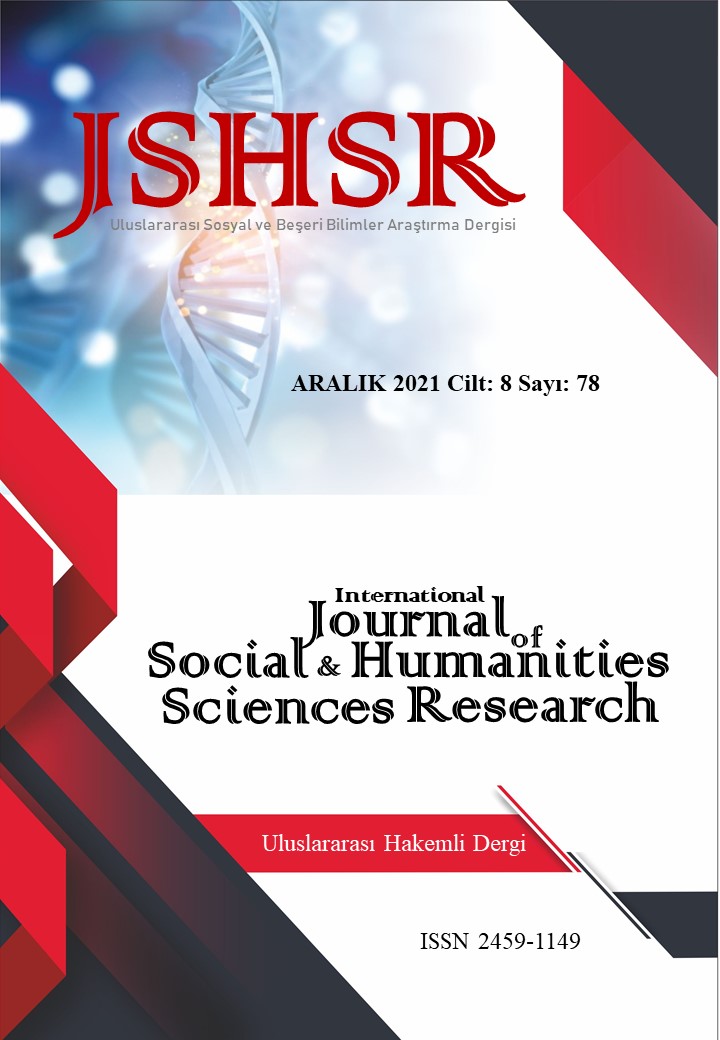MEASURING THE SERVICE QUALITY OF MUNICIPALITIES, AN APPLICATION IN TRB-1 REGION
DOI:
https://doi.org/10.26450/jshsr.2870Keywords:
Service Quality, Municipality, TRB1, SERVQUALAbstract
Services have emerged as an important contributor to the GDP of industrialized countries. However, since the importance of services is increasing, the need to understand services and measure service quality has emerged in the literature more than before. In this study, it is aimed to measure and compare the perceptions, expectations, and the effect of demographic differences on the quality perception of the services provided by municipalities in the TRB-1 region. The questionnaire form is used as a data collection technique and 496 people were reached in the TRB-1 region. In order to measure the service quality, the SERVQUAL model, which is the most frequently used method in the literature, was preferred. The validity of the scale is tested by applying exploratory and confirmatory factor analyzes to the obtained data. With the factor analysis, four dimensions were obtained: Continuity and Solution Orientation, Transportation and Cultural Services, Cleaning Services and Reconstruction and Infrastructure Services. As a result of the study, it is determined that gender, education level, income level and occupational groups made a significant difference in the perception of service quality. In addition, it has been seen that the highest dimension of SERVQUAL difference is Continuity and Solution orientation, and the lowest is Cleaning Services.
Downloads
Published
How to Cite
Issue
Section
License
Copyright (c) 2021 INTERNATIONAL JOURNAL OF SOCIAL HUMANITIES SCIENCES RESEARCH

This work is licensed under a Creative Commons Attribution 4.0 International License.


